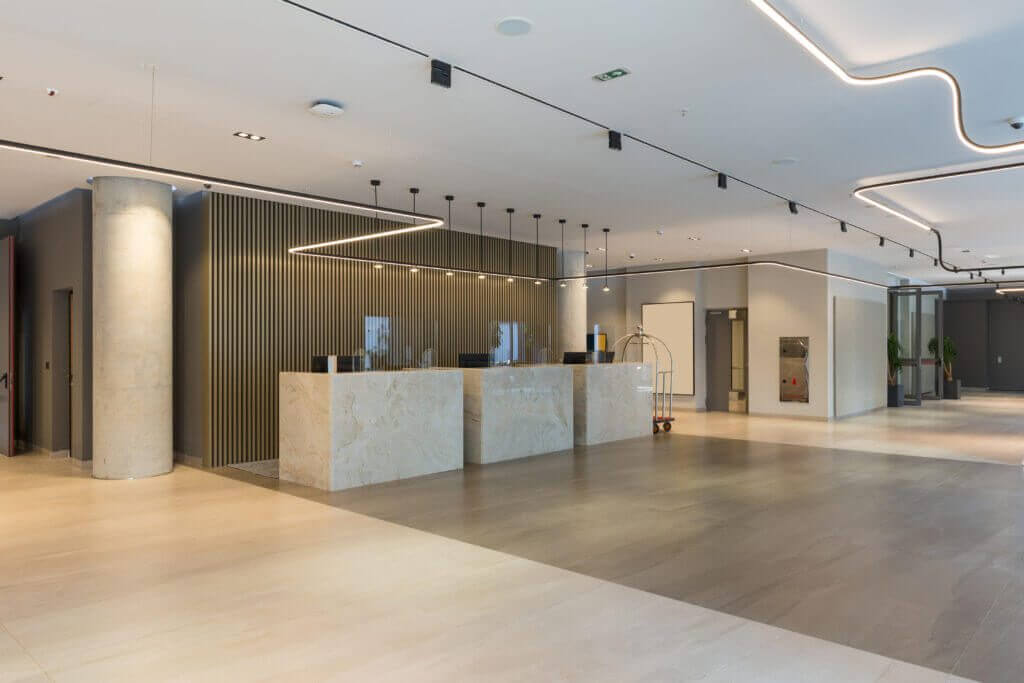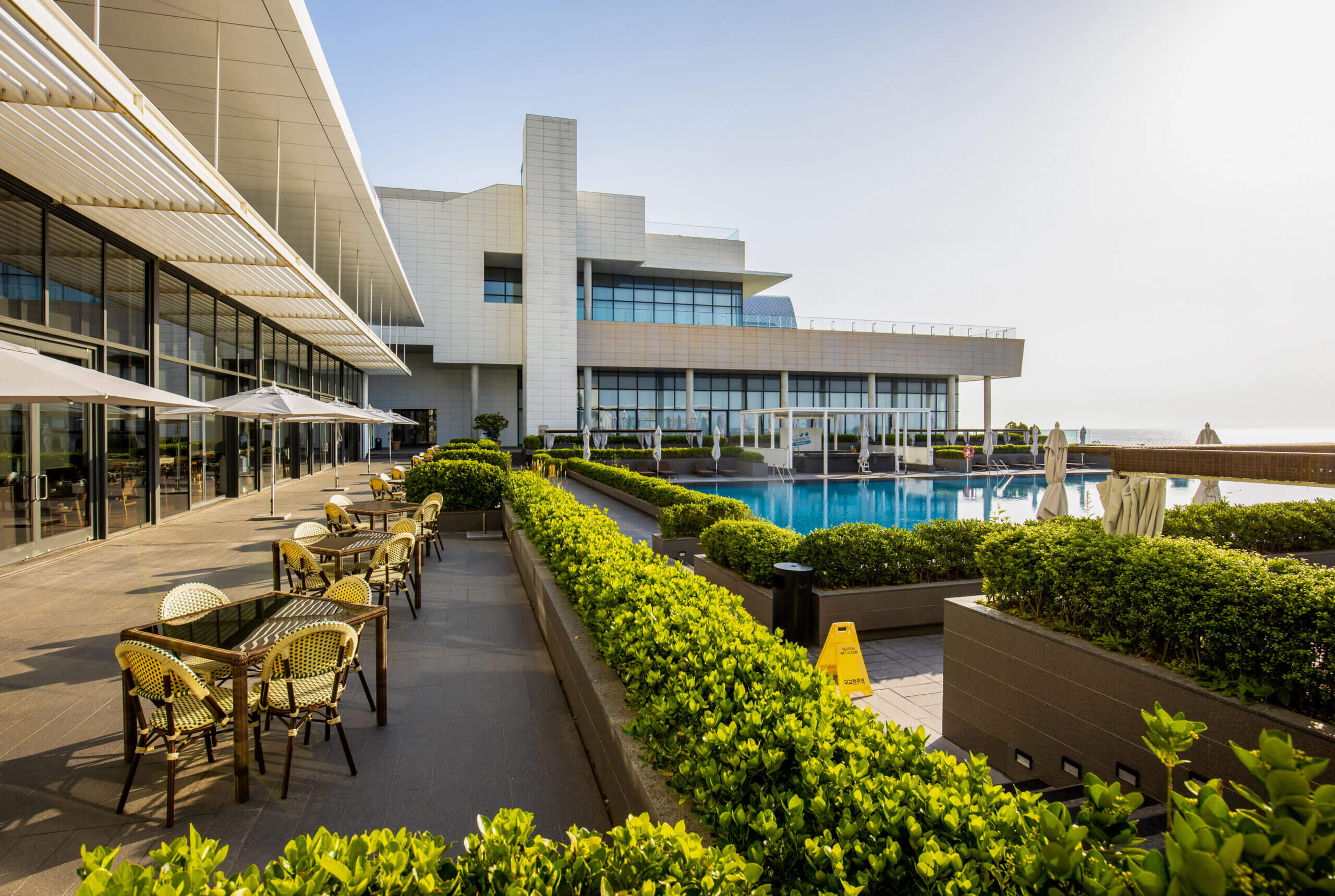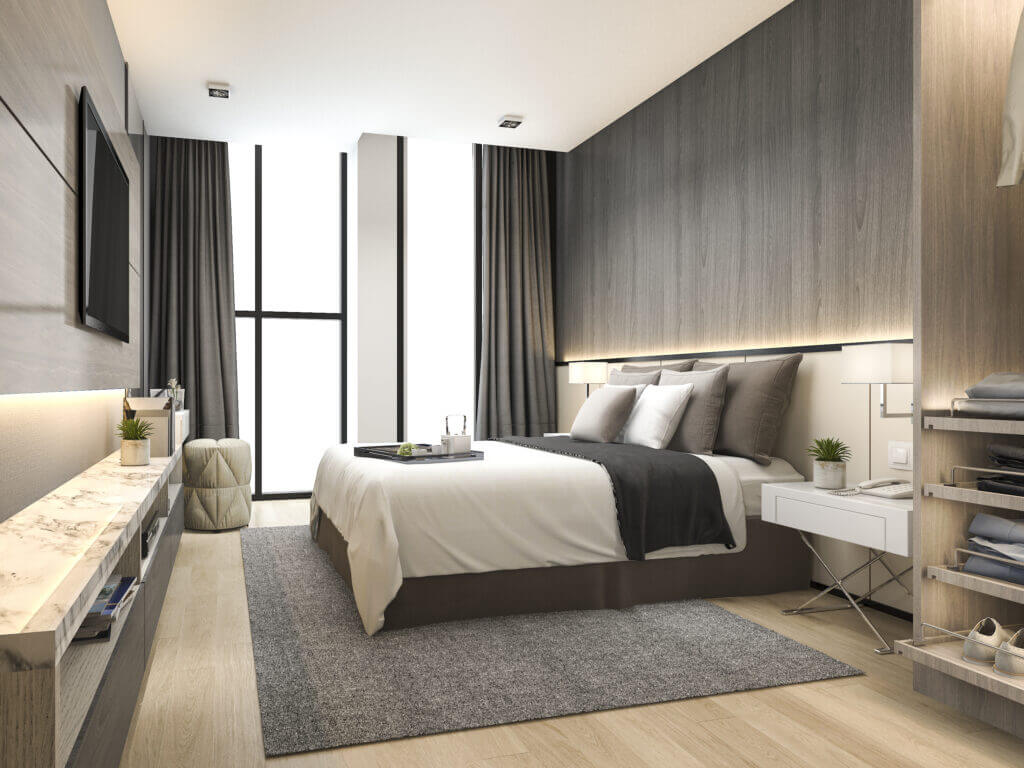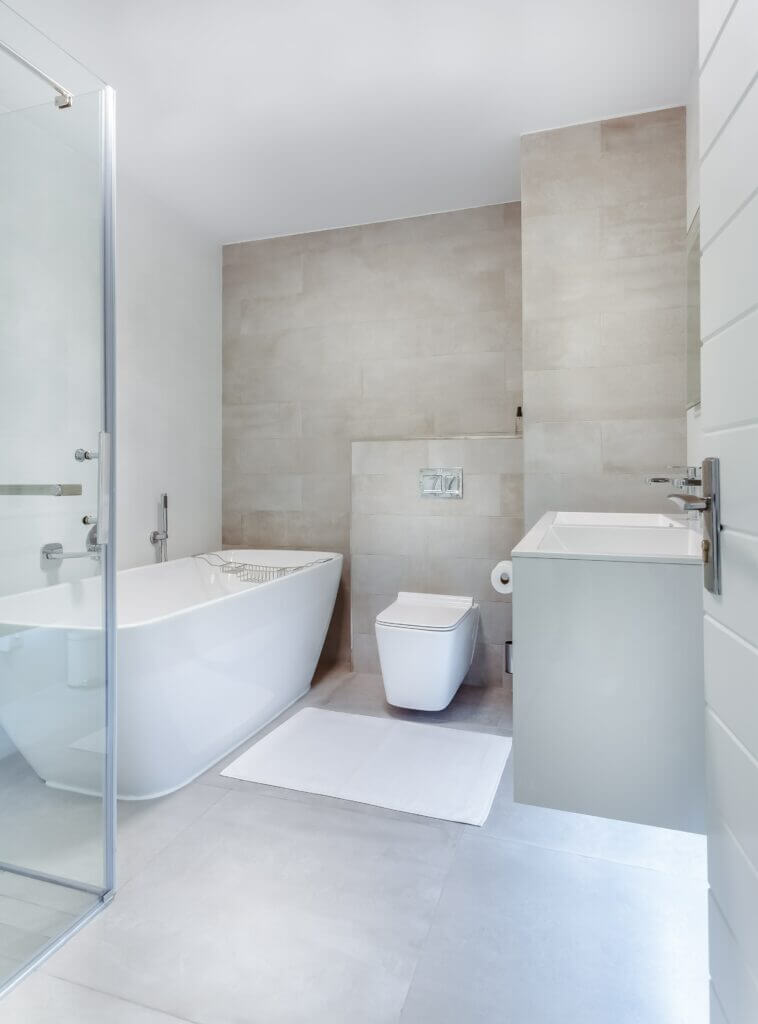What is PIP Renovation?
As the hospitality industry continues to evolve, hotels are constantly challenged to meet the changing needs and expectations of their guests. To remain competitive and deliver exceptional guest experiences, hotels often undergo renovation projects. One crucial aspect of hotel renovations is the Property Improvement Plan (PIP), a comprehensive roadmap that guides hotels through the renovation process. In this blog, we will explore the concept of PIP renovation and its significance for hotel owners and operators. As experts in hotel renovations, CRR Construction is committed to providing insights into the world of PIP renovation to help hoteliers make informed decisions and transform their properties into modern, inviting spaces.

Understanding PIP Renovation
A Property Improvement Plan, commonly known as PIP, is a strategic document created by hotel owners and operators in collaboration with their renovation partners, like CRR Construction. The primary objective of a PIP is to outline the necessary improvements and upgrades required to enhance the hotel’s physical condition, infrastructure, and overall guest experience. PIPs are often initiated by hotel brands or franchisors to ensure that their properties meet the brand’s standards and remain competitive in the market.
The Importance of PIP Renovation
Maintaining Brand Standards: Hotel brands have specific standards that must be met by all properties carrying their name. PIPs play a pivotal role in ensuring that each hotel adheres to these standards, creating a consistent experience for guests regardless of the location they choose to stay at.
Enhancing Guest Experience: In today’s competitive hospitality landscape, guest experience is paramount. PIP renovations focus on modernizing and upgrading facilities, amenities, and services, aiming to exceed guest expectations and boost satisfaction levels.
Staying Competitive: With new hotels constantly entering the market and existing ones undergoing renovations, it’s crucial for hotels to stay competitive. PIP renovations allow properties to remain relevant and attractive to potential guests, maximizing occupancy rates and revenue.
Meeting Regulatory Requirements: Hotels must comply with various building codes, safety regulations, and accessibility standards. PIPs ensure that the property meets all the necessary legal requirements, avoiding potential penalties and fines.
Increasing Property Value: Renovations can significantly increase the value of a hotel property. By investing in strategic upgrades and improvements, hotel owners can not only enhance their revenue potential but also secure better financing options for future projects.


The Components of PIP Renovation
Infrastructure Upgrades: This involves renovating essential systems such as plumbing, electrical, heating, and ventilation to ensure they are efficient, safe, and up to date.
Room Refurbishment: Updating guest rooms with modern furnishings, technology, and amenities enhances guest comfort and satisfaction.
Public Areas Enhancement: Revamping lobbies, restaurants, lounges, and other public spaces creates a welcoming and visually appealing environment for guests.
Exterior Improvements: The hotel’s curb appeal is critical in attracting guests. Exterior renovations focus on enhancing the building’s facade, landscaping, and parking areas.
Safety and Accessibility Upgrades: Ensuring compliance with safety codes and improving accessibility for all guests, including those with disabilities, is a vital component of PIP renovation.
Sustainability Initiatives: Many modern hotel brands prioritize sustainability. PIPs may include eco-friendly measures such as energy-efficient lighting, water-saving fixtures, and waste reduction programs.
Challenges in PIP Renovation
While PIP renovations offer significant benefits, they can present certain challenges that need to be addressed effectively:
Budget Constraints: Depending on the scope of the PIP, the required renovations can be substantial, leading to budgetary concerns for hotel owners. Collaborating with an experienced renovation company like CRR Construction can help develop cost-effective solutions.
Minimal Disruptions: Hotels must remain operational during renovations, necessitating careful planning to minimize guest disruptions. Timing and phasing of the renovations are essential to maintaining a positive guest experience.
Permitting and Approvals: Obtaining permits and approvals for extensive renovations can be a time-consuming process. It requires coordination with local authorities and adherence to all regulations.
Design and Aesthetics: Balancing modern design trends with the hotel’s brand identity can be challenging. It is essential to create spaces that are both visually appealing and aligned with the brand’s image.


Property Improvement Plan (PIP) renovation is a critical process that empowers hotels to evolve and thrive in the competitive hospitality industry. By adhering to brand standards, enhancing guest experiences, and meeting regulatory requirements, PIP renovations enable hotels to remain relevant and successful. The support and expertise of a reputable renovation company like CRR Construction can make a significant difference in executing PIPs successfully. As the hospitality landscape continues to evolve, embracing PIP renovation is a proactive step towards elevating a hotel’s image, attracting guests, and securing long-term success.


